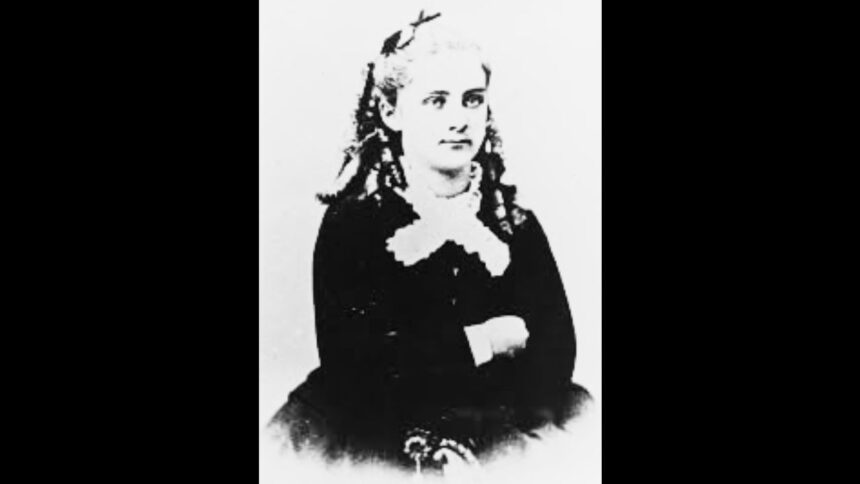The Skłodowska family stands as a pillar of historical significance, primarily due to Marie Skłodowska-Curie’s groundbreaking scientific contributions. However, understanding this family’s story requires a look beyond Marie. As the eldest child, Zofia Skłodowska offered her siblings an early foundation of familial bonds and cultural traditions that informed the family dynamics. Knowing the environment Zofia grew up in enriches our understanding of how the Skłodowskas shaped history, particularly in the context of 19th-century Poland.
Early Life of Zofia Skłodowska
Zofia Skłodowska was born in 1861 into an environment filled with both academic and patriotic fervor. Her parents, Bronisława and Władysław Skłodowski, were educators and proponents of education and enlightenment in Poland. This intellectual atmosphere imbued Zofia’s early years with opportunities and challenges alike. Growing up in a nation grappling with political and social changes, Zofia’s childhood was steeped in Polish culture and values, setting the stage for her siblings who followed.
Siblings of Zofia
Zofia was the first of five siblings, all of whom would leave their mark in various fields. Her sister Bronisława became a notable physician and activist. Józef pursued a career in medicine, while Helena followed a path in education and activism. The most recognized is Maria, who later became known as Marie Curie, the Nobel laureate scientist. Marie’s journey in science and the hurdles she overcame often reflect the familial ties and the early influence Zofia may have had on her.
Impact of Family Tragedies
Zofia’s life was short-lived, as she tragically passed away in 1876 at merely 15 years old. This family loss wasn’t isolated; the Skłodowskas later faced the death of their mother. Such tragedies inevitably left a profound impact on the family, particularly on young Maria. The resilience Marie Curie exhibited throughout her life may partly be attributed to enduring these early losses.
Zofia’s Influence on Marie Curie
While Zofia’s life was brief, her emotional and psychological impact on her sister Maria cannot be overstated. Growing up in a family repeatedly struck by grief, Maria developed a strong will; a character trait that was perhaps influenced by Zofia’s memory. This influence extended beyond the emotional realm, subtly nurturing a drive in Maria that would one day lead her to scientific greatness.
Life and Society in 19th Century Poland
In 19th-century Poland, society was rife with challenges. Political oppression under partitioning powers shaped much of the daily life, affecting family dynamics and opportunities for advancement. The Skłodowska family, despite their intellectual leanings, faced these challenges head-on, embedding within their children an understanding of perseverance and resolve. These societal frameworks not only influenced their professional paths but also forged a strong familial unity.
Conclusion: Legacy of the Skłodowska Family
The legacy of the Skłodowska family encompasses more than Marie Curie’s scientific achievements. It includes a narrative of resilience, familial bonds, and cultural pride. Zofia’s untold story highlights the foundation upon which her siblings thrived. Understanding these underlying tales enriches our appreciation of the Skłodowskas’ contributions to science and society alike.
Further Reading and Resources
For those interested in a deeper exploration into the Skłodowska family and Marie Curie’s groundbreaking work, consider biographies and historical accounts that detail their lives and legacy. Resources available at local libraries or online archives provide broader context and detailed information. You may also find insightful articles on platforms like online business magazines that explore intersections of history, family, and innovation. These resources offer invaluable perspectives that honor the Skłodowska family’s impact on the world stage.
Also Read:




